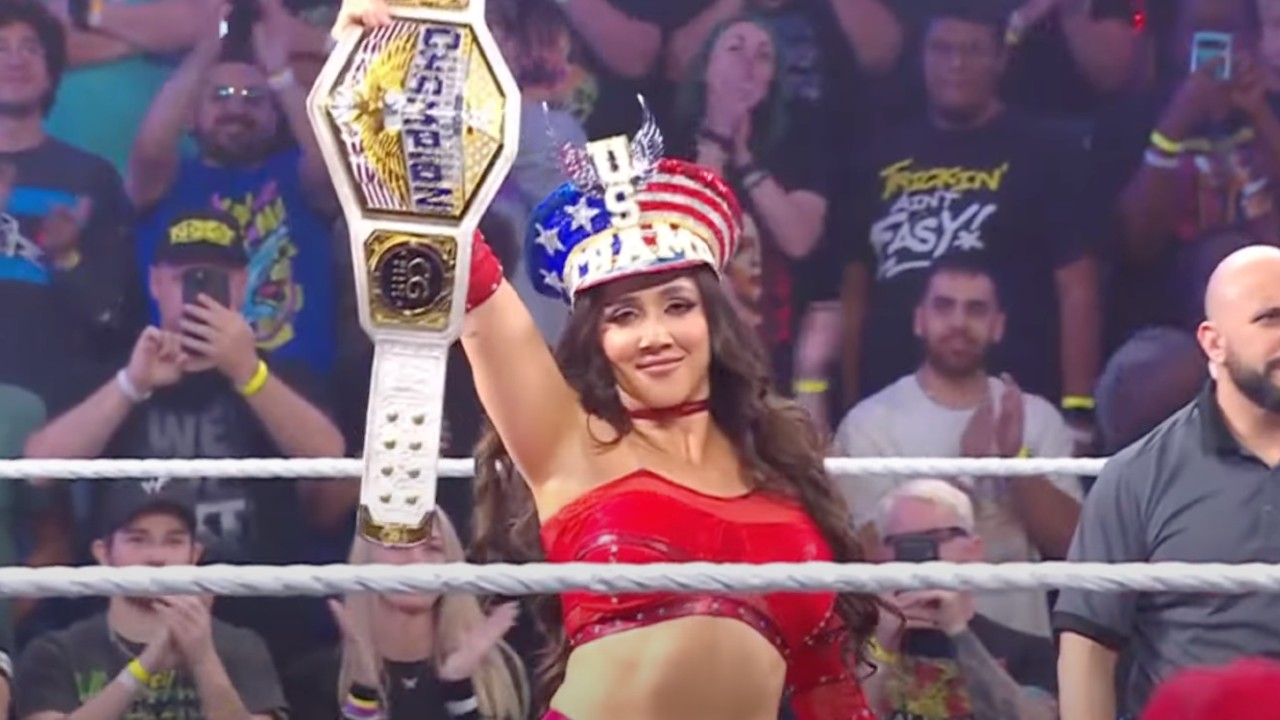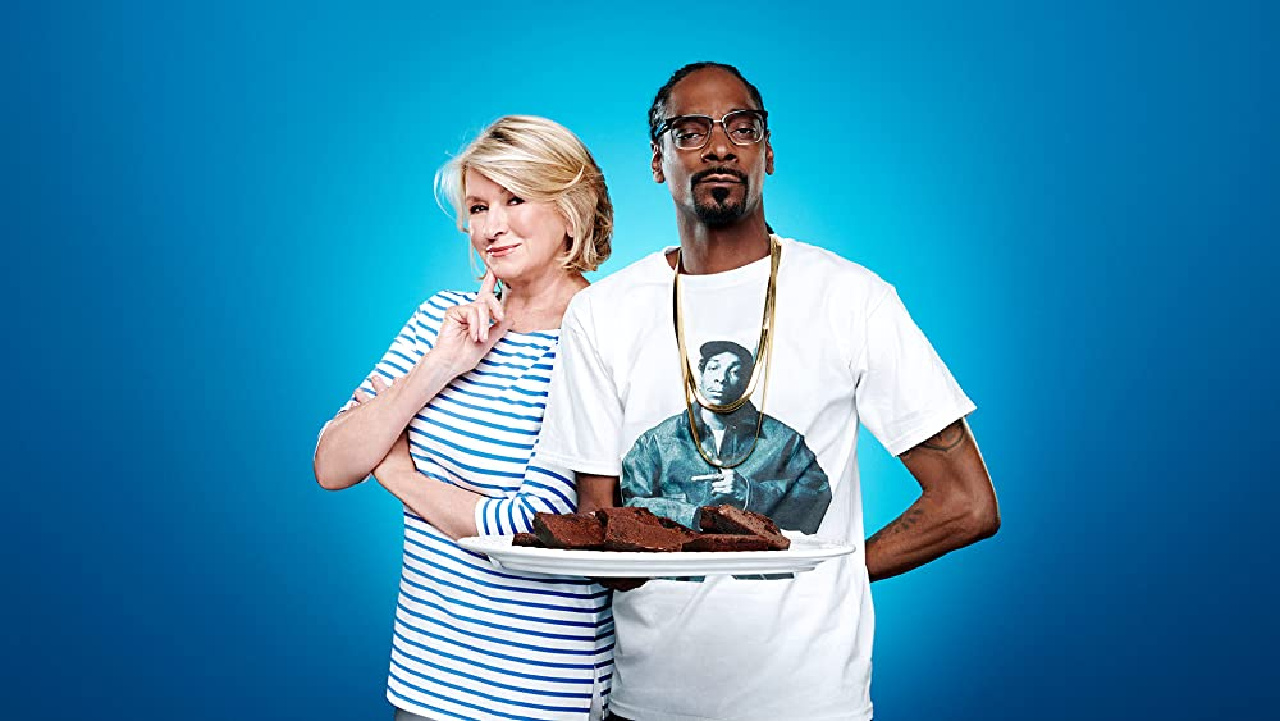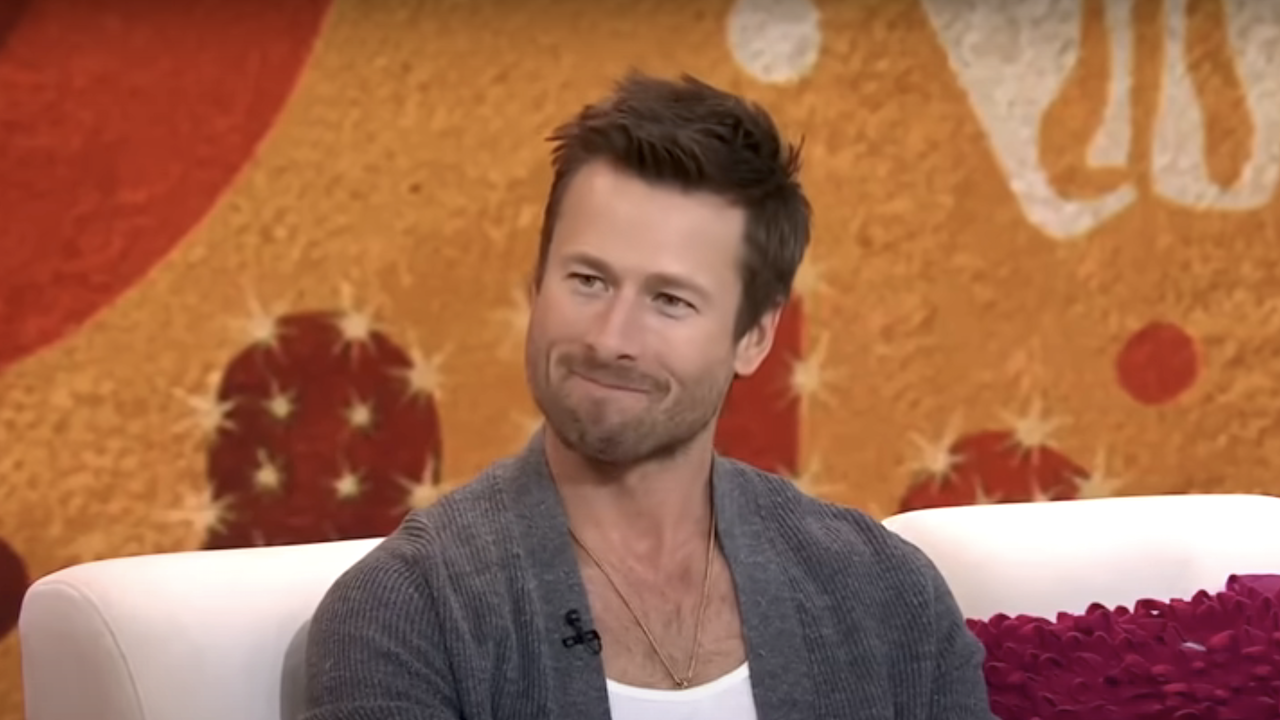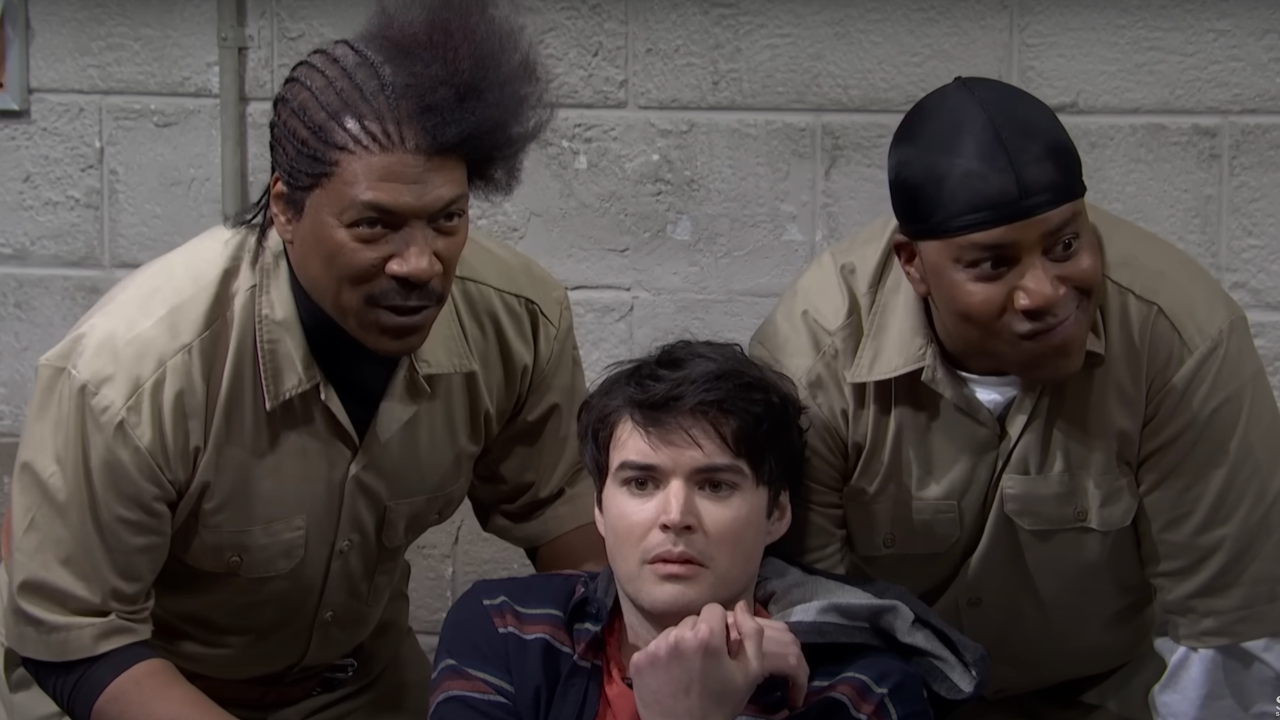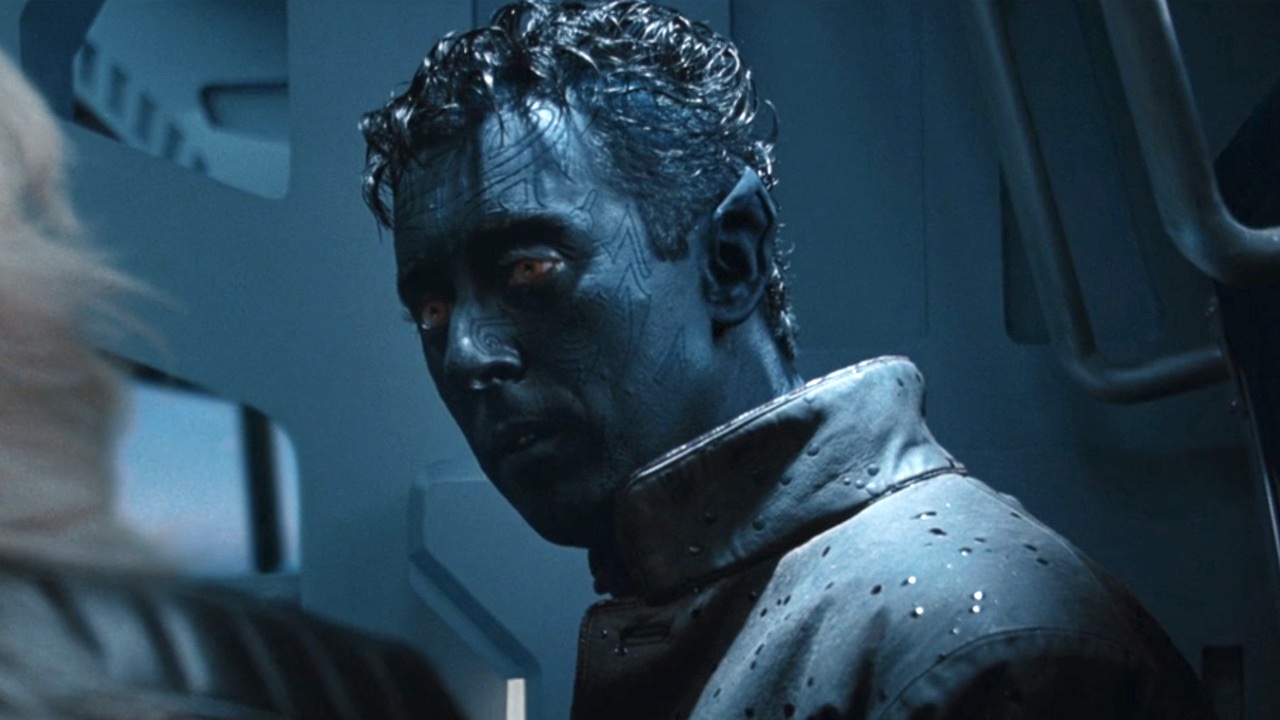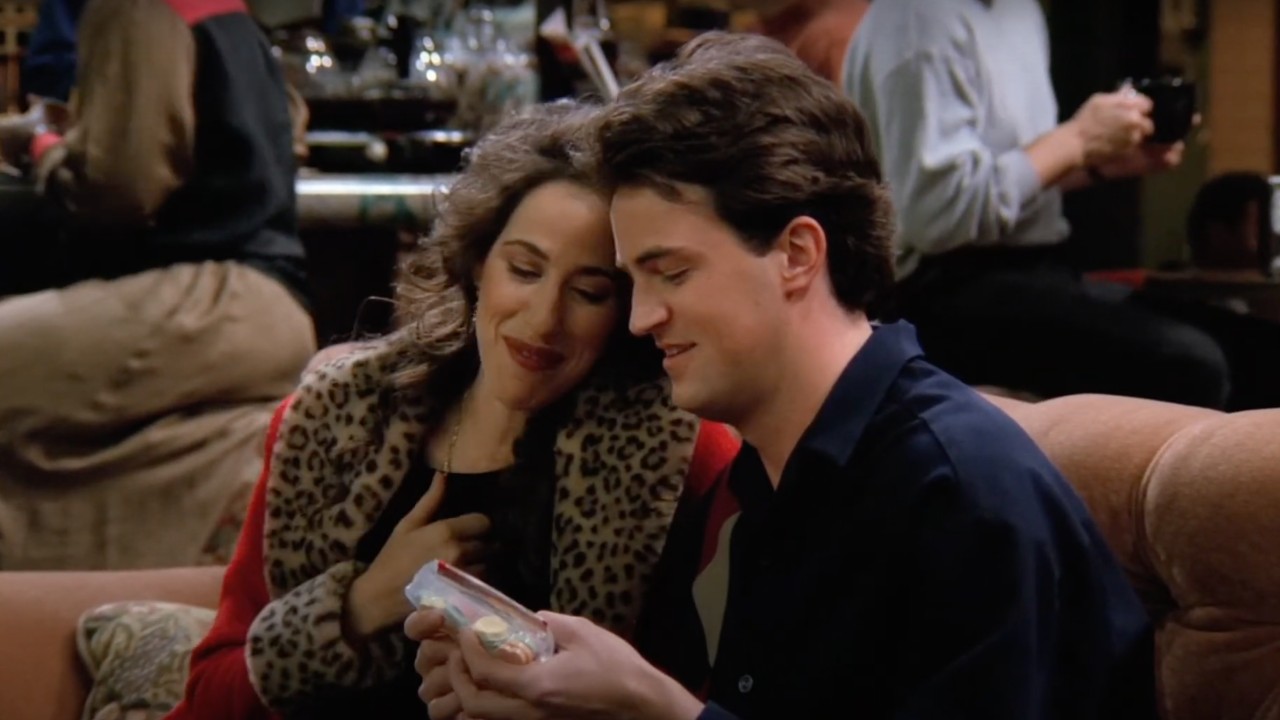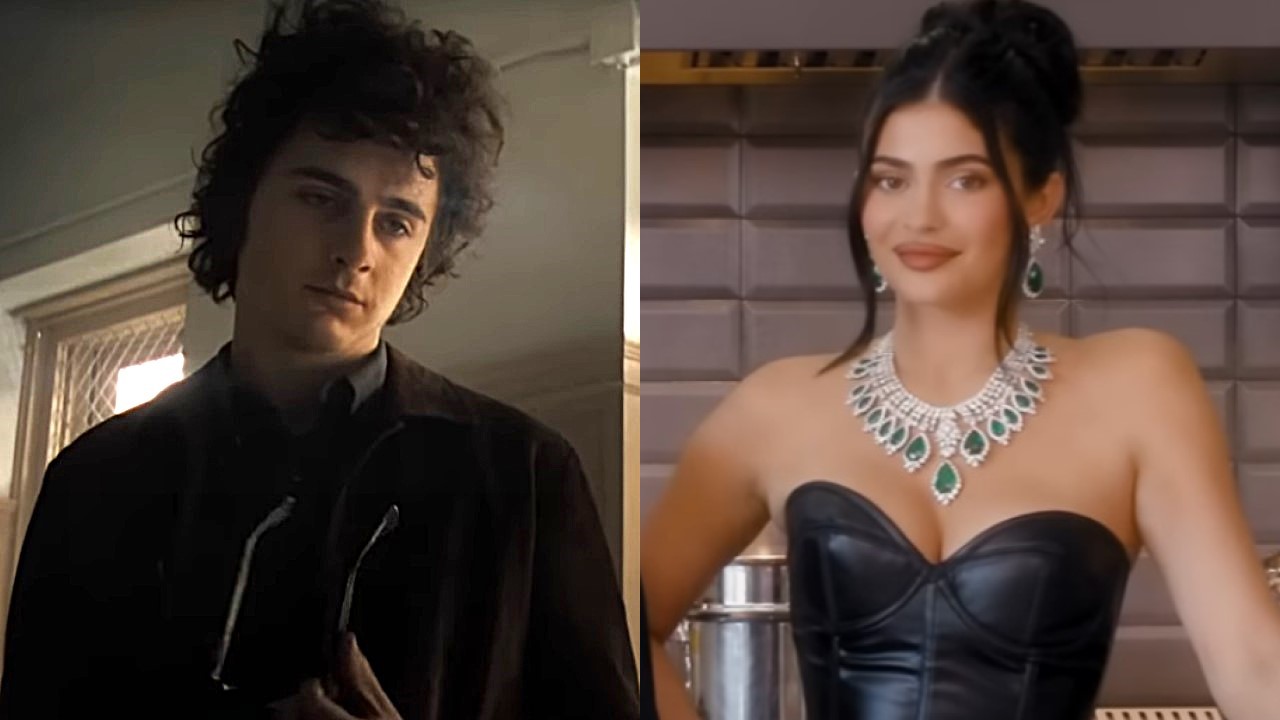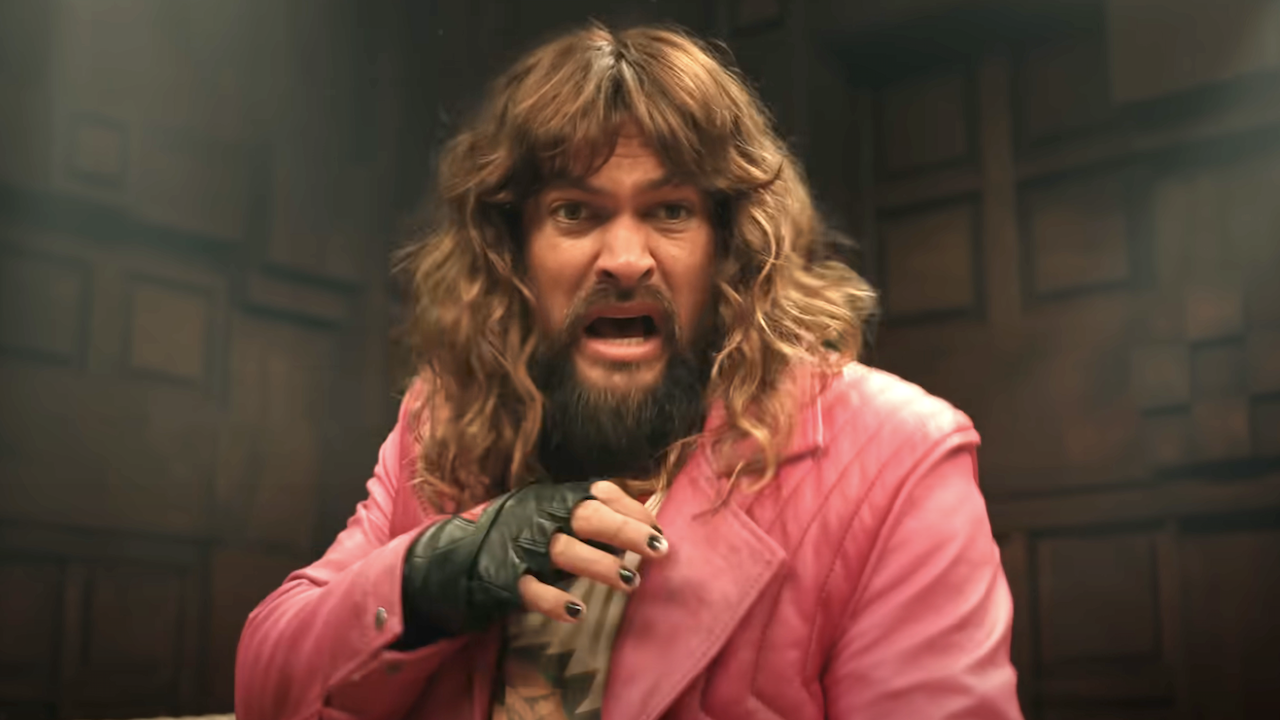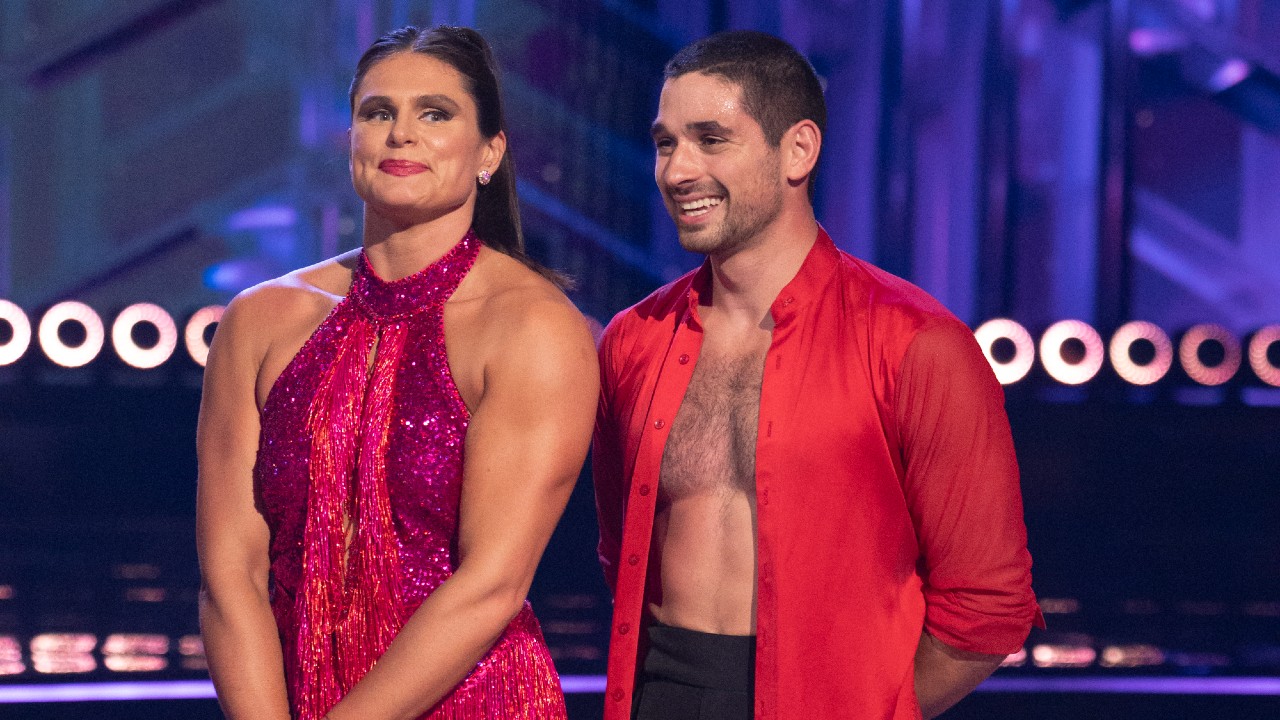3 Groundbreaking Events That Changed The Superhero Movie Genre In 2008
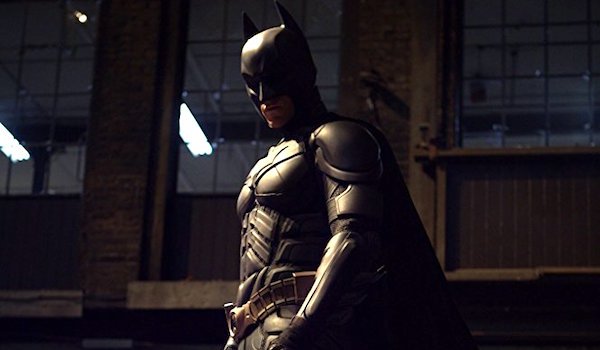
It's still apparent that we're living in the golden age of superhero movies. Looking at this year's slate from this particular genre, there will be eight movies release, whether they're from the Marvel Cinematic Universe, 20th Century Fox's X-Men franchise or the DC Extended Universe. Although superhero movies have existed for decades, the genre really started to hit its stride at the start of the century, but it was 10 years ago that several groundbreaking events occurred that changed the game for this corner of movie-making.
2008 was an interesting year for superhero movies. From Marvel movies like Punisher: War Zone to original stories like Hancock, there was a variety of stories to choose from that involved characters who had mighty abilities and/or fought crime. However, we've selected three specific superhero movies that were not only well-received in 2008, but left behind legacies for the genre that still resonate to this day and changed how we look at these kinds of theatrical offerings. Starting off, let's turn our attention to Tony Stark's first cinematic outing.
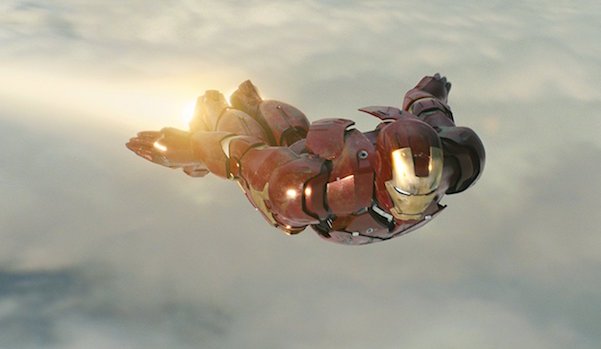
Iron Man
Iron Man spent over a decade being developed at three different studios, but by 2005, Marvel reacquired the film rights to the character, and the company decided that it would be its first self-financed movie. That's certainly a big deal, but other than that, Iron Man didn't look like it was going to be too different from past Marvel origin story movies at first glance. And for the most part, that was true, as the movie was firmly focused on showing how Tony Stark went from apathetic weapons dealer to idealistic superhero. But in fact, Iron Man was planting the seeds for something much greater.
Iron Man sprinkled a few subtle clues to the wider Marvel Cinematic Universe within its main story, like placing a Captain America shield replica in Tony Stark's workshop and Phil Coulson shortening his agency's name to S.H.I.E.L.D. But it wasn't until Samuel L. Jackson's Nick Fury appeared in the post-credits scene that it was made perfectly clear that Iron Man wasn't just laying the groundwork for another sequel (which arrived in 2010). Marvel was setting up a shared world the likes of which had never been created before in a movie setting. It may have taken folks unfamiliar with the comics a little longer to realize this, but for longtime Marvel fans, they could finally experience a Marvel universe on the big screen that they'd enjoyed before in comics, animated shows and video games.
It's important not to forget that a month after Iron Man's release, The Incredible Hulk came out, and although it was distributed by Universal rather than Paramount, it still served as the second MCU entry. This was evidenced by showing the S.H.I.E.L.D. logo, having Emil Blonsky reference the Super Soldier Serum to foreshadow Captain America: The First Avenger and Tony Stark visiting General Ross in the mid-credits scene. There was even a deleted opening where Bruce Banner tried to kill himself in the Arctic, and at the end of this scene, Captain America's frozen body could be partially seen. However, Iron Man was the first movie to kick off this trend, and combined with its critical lauding (in large part due to Robert Downey Jr's performance), it remains one of Marvel's most popular movies. 10 years and 18 movies later once Black Panther comes out next month, the MCU is the highest-grossing movie franchise of all time, and it's all thanks to the movie about a guy who built a weaponized armored suit in a cave... with a box of scraps! (Even though chronologically, Captain America: The First Avenger and Captain Marvel precede Iron Man.)
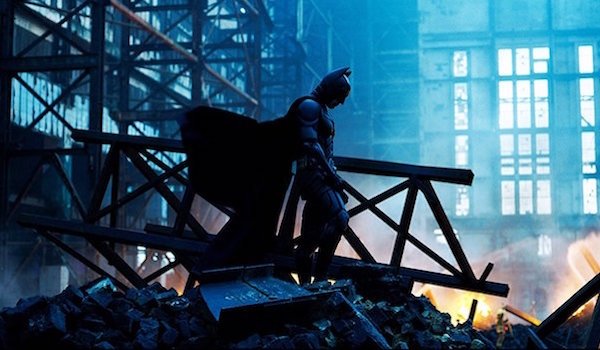
The Dark Knight
In 2005, seven years after Batman & Robin killed the first iteration of the Batman film franchise, Christopher Nolan delivered Batman Begins, which looked at the Caped Crusader through a grittier and more "realistic" lens, as well as arguably popularized the modern reboot concept for movies. Batman Begins received a lot of praise and performed relatively well at the box office, but it was nothing compared to how its successor would do three years later. Granted, during The Dark Knight's production, there was some concern over Heath Ledger being cast as The Joker, especially once it was revealed that this version of the Clown Prince of Crime would be wearing white makeup and rock a Glasgow smile rather than have the bleached skin and permanent grin. The six months leading up to the movie's release were also colored by tragedy due to Ledger's unexpected death.
Upon its release in July 2008, The Dark Knight was met with critical acclaim from longtime Batman fans and regular moviegoers alike, as well as made over $1 billion worldwide. Following Batman's attempts to bring down organized crime in Gotham City and stop The Joker's reign of terror, The Dark Knight certainly had plenty of superhero movie elements, overall it felt like a crime film, and that worked to its advantage. From a certain point of view, The Dark Knight proved to the masses that superhero movies didn't just have to be looked at as blockbuster entertainment. With the right creative vision, some could also be considered works of art. And while Batman was still the focus of the story, there's no arguing that Heath Ledger stole the show as The Joker. The actor's manic energy and this Joker's anarchistic ideology blended together into a Clown Prince of Crime portrayal that measured up to Jack Nicholson's from 1989's Batman, if not was much better. The Dark Knight also remains one of the few comic book movies to win an Academy Award outside of the technical categories, as Ledger posthumously won the Best Supporting Actor Oscar.
CINEMABLEND NEWSLETTER
Your Daily Blend of Entertainment News
10 years later, The Dark Knight is still considered both one of the best Batman movies ever and one of the best superhero movies. Some might even go so far as to call it a cinematic classic across the board. Christopher Nolan concluded the Dark Knight trilogy in 2012 with The Dark Knight Rises, and while that wasn't received as well, it doesn't taint what its predecessor accomplished. Whether you're watching it as the middle chapter of the Dark Knight trilogy or as a self-contained movie, The Dark Knight has cemented its place as a crowning achievements in the world of genre storytelling.
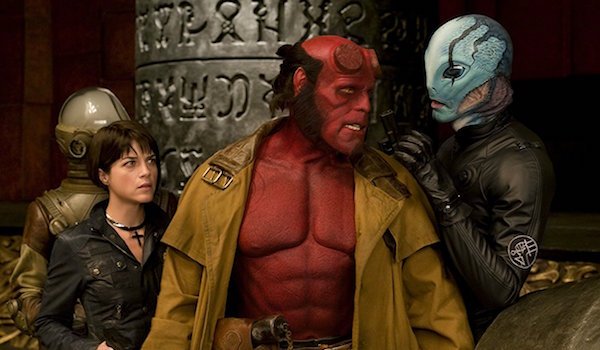
Hellboy II: The Golden Army
Right up front, we'd be fooling ourselves if we said that Hellboy II: The Golden Army was just as beneficial to the superhero movie genre as Iron Man and The Dark Knight. That being said, the sequel centered on the Dark Horse Comics protagonist did leave its own unique impression. Like its 2004 predecessor, Hellboy II was met with positive reviews, and while the first Hellboy movie introduced the character and his supporting cast to people who'd never picked up one of his printed page issue, Hellboy II is what cemented this property as a brand. It also helped further boost director Guillermo del Toro's profile for a wider audience, as by that point, aside from the first Hellboy movie, del Toro was best know to American audiences for helming Blade II and Pan's Labyrinth.
But perhaps more importantly of all, Hellboy II proved that a non-Marvel or DC property could be successful in the superhero movie genre past one entry. Oh sure, there were franchises like the Teenage Mutant Ninja Turtles that had their own film series, but those franchises were arguably better known from television or other kinds of adaptations, not as a comic book property. Not so with Hellboy. Granted, comic book movies based on indie comics properties still have a harder time at succeeding at the box office compared to Marvel and DC adaptations, but at least both Hellboy movies proved that a protagonist who doesn't fall within the normal superhero characterization could succeed in a theatrical setting. After all, you can't say there are a lot of benevolent, red-skinned, cat-loving, cigar-smoking demons out there.
Alas, despite fans asking for it for years, and Guillermo del Toro, Ron Perlman and select others being keen to make it, Hellboy III was officially scrapped last year, meaning that this Hellboy film series will never be properly concluded. However, Hellboy will soon be back on the big screen in a reboot, where he'll be played by Stranger Things star David Harbour. It remains to be seen how successful the new Hellboy movie will be, but considering how Hellboy II helped keep the character in the public consciousness outside of the comics and created demand for a third movie, one could argue that without that sequel, we wouldn't be getting this new version of Hellboy.

Connoisseur of Marvel, DC, Star Wars, John Wick, MonsterVerse and Doctor Who lore, Adam is a Senior Content Producer at CinemaBlend. He started working for the site back in late 2014 writing exclusively comic book movie and TV-related articles, and along with branching out into other genres, he also made the jump to editing. Along with his writing and editing duties, as well as interviewing creative talent from time to time, he also oversees the assignment of movie-related features. He graduated from the University of Oregon with a degree in Journalism, and he’s been sourced numerous times on Wikipedia. He's aware he looks like Harry Potter and Clark Kent.
